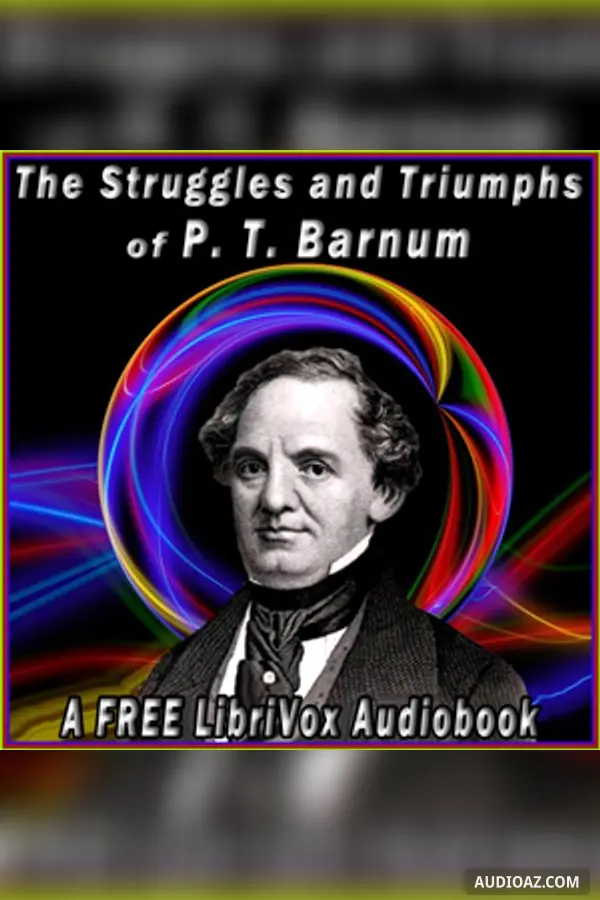
《Treatise Concerning the Principles of Human Knowledge (Version 2)》 - 免费有声读物
语言:English
1 / 8Dedication
- 1. Dedication
- 2. Introduction
- 3. Of the Principles of Human Knowledge Part 1
- 4. Of the Principles of Human Knowledge Part 2
- 5. Of the Principles of Human Knowledge Part 3
- 6. Of the Principles of Human Knowledge Part 4
- 7. Of the Principles of Human Knowledge Part 5
- 8. Of the Principles of Human Knowledge Part 6
关于
A Treatise Concerning the Principles of Human Knowledge (commonly called Treatise when referring to Berkeley's works) is a 1710 work, in English, by Irish Empiricist philosopher George Berkeley. This book largely seeks to refute the claims made by Berkeley's contemporary John Locke about the nature of human perception. Whilst, like all the Empiricist philosophers, both Locke and Berkeley agreed that we are having experiences, regardless of whether material objects exist, Berkeley sought to prove that the outside world (the world which causes the ideas one has within one's mind) is also composed solely of ideas. Berkeley did this by suggesting that "Ideas can only resemble Ideas" - the mental ideas that we possess can only resemble other ideas (not material objects) and thus the external world consists not of physical form, but rather of ideas. This world is (or, at least, was) given logic and regularity by some other force, which Berkeley concludes is God. ( Wikipedia)
评论
成为第一个评论的人
此内容还没有任何评论。开始对话吧!
查看更多
标签: Treatise Concerning the Principles of Human Knowledge (Version 2) audio, Treatise Concerning the Principles of Human Knowledge (Version 2) - George Berkeley audio, 非小说类 audio, 哲学 audio, 早期现代 audio, free audiobook, free audio book, audioaz






